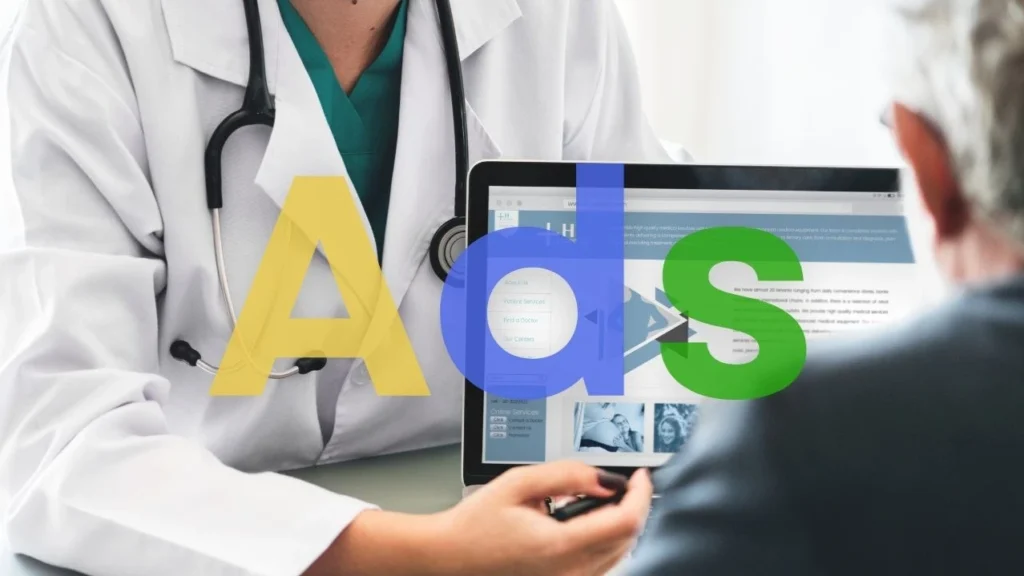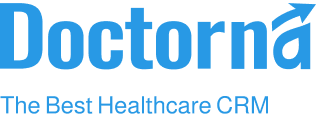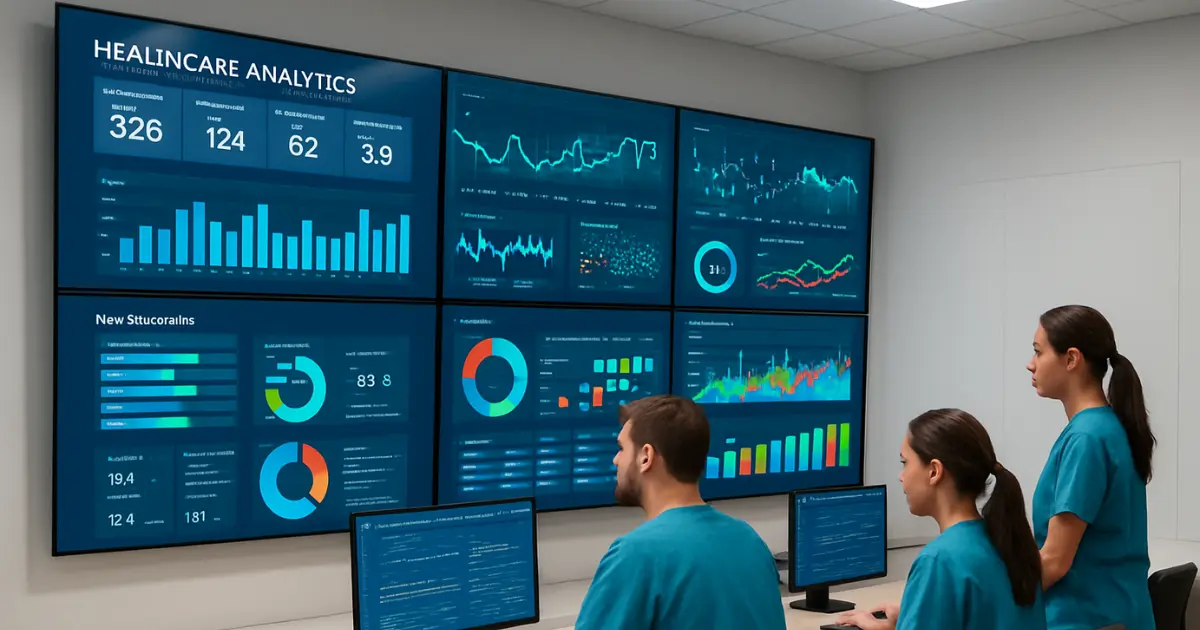In today’s digital-first world, healthcare organizations are no longer relying solely on traditional marketing methods to reach patients. With the rise of social media platforms like Facebook and Instagram, the healthcare industry is rapidly embracing digital advertising to connect with audiences more effectively. One of the most powerful tools in this evolution is Meta Ads integration within Healthcare Customer Relationship Management (CRM) systems.
By combining the reach and targeting power of Meta Ads with the data intelligence of Healthcare CRM, medical practices, hospitals, and clinics can create personalized, data-driven marketing campaigns that attract, engage, and retain patients. This integration not only enhances patient acquisition but also streamlines communication, improves campaign efficiency, and supports long-term relationship management.
Let’s explore how Meta Ads integration is transforming Healthcare CRM and why it has become essential for modern healthcare organizations.
Understanding Meta Ads Integration in Healthcare CRM
Meta Ads (formerly Facebook Ads) refer to advertising campaigns managed across Meta’s platforms, including Facebook, Instagram, Messenger, and Audience Network. These ads can be highly targeted based on demographics, interests, behaviors, and even geographic location.
When integrated with a Healthcare CRM system, Meta Ads campaigns can automatically sync leads, track engagement, and measure patient acquisition results in real time. This means that every interaction — from a patient clicking on a healthcare ad to booking an appointment — can be recorded and analyzed through the CRM, giving organizations a complete view of the patient journey.
In short, Meta Ads integration allows healthcare marketers to connect ad performance data with patient relationship management, turning marketing insights into actionable strategies for better outcomes.
Key Benefits of Meta Ads Integration in Healthcare CRM
1. Streamlined Lead Management
One of the biggest challenges in healthcare marketing is managing leads efficiently. When potential patients click on a Meta Ad and fill out a form — such as booking an appointment, requesting a consultation, or signing up for a newsletter — those details can be automatically captured and transferred into the CRM.
This seamless integration eliminates manual data entry, reduces human error, and ensures that no lead goes unnoticed. Healthcare staff can then follow up promptly, assign leads to the right department, and nurture them through personalized communication.
2. Enhanced Targeting and Personalization
Meta Ads provide access to vast audience targeting capabilities. By integrating this with CRM data, healthcare providers can create hyper-targeted campaigns based on factors like age, medical needs, location, and engagement history.
For example, a clinic could target ads promoting annual health checkups to users who recently booked consultations or send specialized service ads (like dental or dermatology treatments) to patients who have shown interest in those services before. This level of personalization improves relevance, increases click-through rates, and boosts conversion.
3. Real-Time Performance Tracking
When Meta Ads are integrated with CRM systems, healthcare marketers can monitor campaign performance in real time. Metrics such as impressions, clicks, conversions, and appointment bookings can be tracked directly within the CRM dashboard.
This visibility allows marketing teams to quickly identify what’s working and adjust campaigns accordingly. By analyzing which ad creatives or audience segments generate the best results, healthcare providers can optimize budgets and maximize ROI.
4. Improved Patient Engagement and Retention
Meta Ads integration enables healthcare organizations to nurture patient relationships beyond the first interaction. Once a lead enters the CRM, automated workflows can send follow-up messages, reminders, or health tips based on patient interests and history.
For example, if a patient clicks on an ad about cosmetic treatments, the CRM can automatically send educational content, testimonials, or special offers related to that service. These personalized touchpoints strengthen engagement and foster trust, ultimately leading to long-term patient loyalty.
5. Data-Driven Decision Making
By combining ad analytics from Meta with patient insights from the CRM, healthcare providers can make more informed marketing decisions. The integration reveals patterns such as which demographics are most responsive, which campaigns generate the highest conversion rates, and what messaging resonates best with patients.
These insights help healthcare marketers allocate resources more effectively and design campaigns that align with patient preferences and organizational goals.
6. Compliance and Transparency
Data privacy is a top concern in healthcare marketing. Meta Ads integration with CRM systems ensures that data collection and usage remain compliant with healthcare regulations like HIPAA. Lead data is securely stored within the CRM, where access can be restricted and monitored, minimizing the risk of breaches or misuse.
Additionally, the CRM provides a transparent record of every patient interaction, ensuring accountability and trust in digital marketing practices.
How Meta Ads and CRM Work Together in Practice
Here’s how the integration typically functions in a healthcare marketing workflow:
- Lead Generation: A patient clicks on a Meta Ad for a healthcare service (e.g., “Book Your Free Dental Consultation”).
- Form Submission: The patient fills out a lead form on Facebook or Instagram.
- Automatic Syncing: The data is automatically sent to the Healthcare CRM, where a new patient profile or lead entry is created.
- Lead Nurturing: The CRM triggers automated responses — such as thank-you emails, appointment confirmations, or personalized health information.
- Follow-Up and Conversion: Sales or admin teams can follow up based on CRM data, converting leads into actual patients.
- Performance Analysis: Campaign results are tracked, and CRM analytics reveal which ads and demographics performed best.
This process eliminates the need for manual coordination and ensures a smooth, data-driven flow from ad engagement to patient conversion.
Challenges of Meta Ads Integration in Healthcare CRM
Despite its benefits, integrating Meta Ads into healthcare CRM systems also comes with challenges that healthcare organizations must address:
- Data Privacy Concerns: Handling patient data across ad platforms requires strict compliance with healthcare privacy regulations.
- Technical Integration: Setting up a seamless connection between Meta Ads and the CRM can be complex, requiring expertise in API integration and data mapping.
- Ad Restrictions: Meta imposes specific advertising rules for healthcare-related content to prevent misinformation and protect users, limiting how ads can be targeted or worded.
- Budget Management: Without proper strategy, ad spending can escalate quickly, especially in competitive healthcare markets.
Overcoming these challenges requires a thoughtful approach — combining ethical marketing practices with strong technical and compliance frameworks.
The Future of Meta Ads Integration in Healthcare CRM

As AI, automation, and analytics continue to advance, the synergy between Meta Ads and Healthcare CRM will become even stronger. Future systems will use predictive algorithms to anticipate patient needs and automatically launch campaigns tailored to those needs.
For example, AI-powered CRMs could identify when a patient is due for a routine check-up and trigger Meta Ads promoting preventive health services in their region. Integration with chatbots and automated appointment systems will further streamline patient journeys, providing real-time responses and effortless scheduling through social media channels.
This evolution marks a shift toward intelligent, patient-centric marketing — where healthcare organizations not only attract patients but also build meaningful, long-term relationships with them.
Conclusion
The integration of Meta Ads with Healthcare CRM systems is transforming how healthcare providers attract, engage, and retain patients. By combining advanced targeting, automation, and real-time data insights, this integration empowers healthcare organizations to run smarter campaigns, deliver personalized experiences, and improve marketing efficiency.
While data privacy and technical integration pose challenges, the rewards — including stronger patient relationships, higher ROI, and streamlined operations — make Meta Ads integration a game-changer for the healthcare industry.
In the future, as healthcare continues to embrace digital transformation, the fusion of Meta Ads, AI, and CRM systems will redefine patient engagement — creating a smarter, more connected, and patient-focused healthcare ecosystem.







